Known for its versatility and delicious flavor, the peanut plays a significant role in Italian cuisine, adding a delightful crunch and nutty taste to a variety of dishes. From appetizers to desserts, peanuts are utilized in a myriad of ways, showcasing their adaptability and unique characteristics that make them a beloved ingredient in Italian cooking. In Italy, peanuts are referred to as “arachidi,” and while they may not be native to the region, they have been embraced wholeheartedly in Italian culinary traditions.
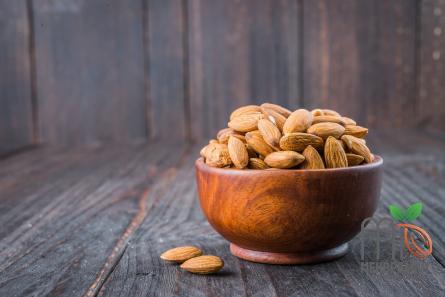
.
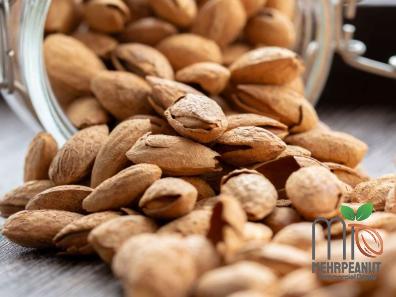 One of the most popular ways peanuts are enjoyed in Italian cuisine is in the form of savory snacks. Roasted and salted peanuts are a common staple at bars and cafes throughout Italy, offering a satisfying and flavorful option to accompany aperitivos or simply to enjoy on their own. Peanuts also make a frequent appearance in Italian antipasti, serving as a crunchy and flavorful addition to dishes like insalata di rinforzo, a traditional Christmas salad featuring cauliflower, pickled vegetables, and, of course, peanuts. The nutty flavor of the peanuts complements the tangy and briny components of the salad, creating a harmonious blend of tastes and textures that is sure to please the palate. Moving on to main courses, peanuts are often utilized in Italian recipes to add depth and richness to a wide range of dishes. From stir-fries to pasta sauces, peanuts can be ground into a paste or chopped finely to create a creamy and nutty base that enhances the overall flavor profile of the dish. One classic Italian dish that features peanuts is the Sicilian pasta con le sarde, a flavorful pasta dish made with sardines, wild fennel, raisins, and, of course, peanuts. The addition of peanuts to this dish provides a delightful crunch and nuttiness that elevates the flavors of the other ingredients, resulting in a dish that is both hearty and satisfying.
One of the most popular ways peanuts are enjoyed in Italian cuisine is in the form of savory snacks. Roasted and salted peanuts are a common staple at bars and cafes throughout Italy, offering a satisfying and flavorful option to accompany aperitivos or simply to enjoy on their own. Peanuts also make a frequent appearance in Italian antipasti, serving as a crunchy and flavorful addition to dishes like insalata di rinforzo, a traditional Christmas salad featuring cauliflower, pickled vegetables, and, of course, peanuts. The nutty flavor of the peanuts complements the tangy and briny components of the salad, creating a harmonious blend of tastes and textures that is sure to please the palate. Moving on to main courses, peanuts are often utilized in Italian recipes to add depth and richness to a wide range of dishes. From stir-fries to pasta sauces, peanuts can be ground into a paste or chopped finely to create a creamy and nutty base that enhances the overall flavor profile of the dish. One classic Italian dish that features peanuts is the Sicilian pasta con le sarde, a flavorful pasta dish made with sardines, wild fennel, raisins, and, of course, peanuts. The addition of peanuts to this dish provides a delightful crunch and nuttiness that elevates the flavors of the other ingredients, resulting in a dish that is both hearty and satisfying.
..
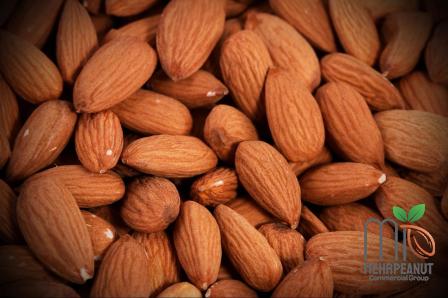 Peanuts are also commonly used in Italian desserts, adding a sweet and nutty element to traditional sweets. In Sicily, peanuts are a key ingredient in the iconic dolci di arachidi, a delicious peanut brittle that is enjoyed during special occasions and festivals. The combination of caramelized sugar and crunchy peanuts creates a delectable treat that is beloved by both locals and visitors alike. Beyond their culinary applications, peanuts also hold cultural significance in Italy, often symbolizing abundance, prosperity, and good fortune. In some regions of Italy, peanuts are traditionally scattered on the ground during weddings and celebrations as a symbol of fertility and happiness. The presence of peanuts at these events is believed to bring luck and blessings to the newlyweds or celebrants, reflecting the positive associations that peanuts hold in Italian culture. Whether enjoyed as a savory snack, incorporated into main courses, or featured in delicious desserts, peanuts play a versatile and essential role in Italian cuisine. Their unique flavor profile, crunchy texture, and cultural significance make them a valuable ingredient that enhances the overall culinary experience. So, the next time you’re looking to add a touch of nuttiness and flavor to your Italian dishes, consider incorporating peanuts for a truly authentic and delicious taste of Italy. In addition to their culinary uses, peanuts also offer a range of health benefits that make them a smart choice for those looking to enhance their diet with nutritious ingredients. Peanuts are a good source of protein, containing all essential amino acids needed for building and repairing tissues in the body. This makes peanuts an excellent plant-based protein option for vegetarians and vegans, as well as individuals looking to reduce their reliance on animal products. Peanuts are also rich in healthy fats, particularly monounsaturated and polyunsaturated fats, which are known to have cardiovascular benefits by helping to lower LDL cholesterol levels and reduce the risk of heart disease.
Peanuts are also commonly used in Italian desserts, adding a sweet and nutty element to traditional sweets. In Sicily, peanuts are a key ingredient in the iconic dolci di arachidi, a delicious peanut brittle that is enjoyed during special occasions and festivals. The combination of caramelized sugar and crunchy peanuts creates a delectable treat that is beloved by both locals and visitors alike. Beyond their culinary applications, peanuts also hold cultural significance in Italy, often symbolizing abundance, prosperity, and good fortune. In some regions of Italy, peanuts are traditionally scattered on the ground during weddings and celebrations as a symbol of fertility and happiness. The presence of peanuts at these events is believed to bring luck and blessings to the newlyweds or celebrants, reflecting the positive associations that peanuts hold in Italian culture. Whether enjoyed as a savory snack, incorporated into main courses, or featured in delicious desserts, peanuts play a versatile and essential role in Italian cuisine. Their unique flavor profile, crunchy texture, and cultural significance make them a valuable ingredient that enhances the overall culinary experience. So, the next time you’re looking to add a touch of nuttiness and flavor to your Italian dishes, consider incorporating peanuts for a truly authentic and delicious taste of Italy. In addition to their culinary uses, peanuts also offer a range of health benefits that make them a smart choice for those looking to enhance their diet with nutritious ingredients. Peanuts are a good source of protein, containing all essential amino acids needed for building and repairing tissues in the body. This makes peanuts an excellent plant-based protein option for vegetarians and vegans, as well as individuals looking to reduce their reliance on animal products. Peanuts are also rich in healthy fats, particularly monounsaturated and polyunsaturated fats, which are known to have cardiovascular benefits by helping to lower LDL cholesterol levels and reduce the risk of heart disease.
…
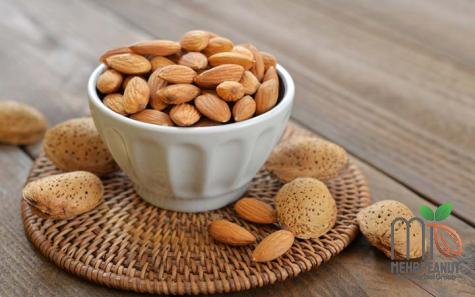 Additionally, peanuts contain a variety of vitamins and minerals, including vitamin E, niacin, folate, and magnesium, all of which play important roles in supporting overall health and well-being. Furthermore, peanuts are a good source of dietary fiber, which is essential for digestive health and promoting feelings of fullness and satiety. Including peanuts in your diet can help you maintain a healthy weight and improve your digestion, making them a satisfying and nutritious option for snacking or cooking. When selecting peanuts for your culinary endeavors, it’s important to choose high-quality peanuts that are fresh and free from any signs of rancidity or spoilage. Look for peanuts that are dry-roasted or raw, as these cooking methods preserve the natural flavors and nutrients of the peanuts without adding excess oil or salt. Whether you’re incorporating peanuts into your favorite Italian recipes or simply enjoying them as a wholesome snack, the versatility and nutritional benefits of this humble legume make it a valuable addition to any kitchen. By exploring the diverse ways in which peanuts can be used in Italian cuisine, you’ll not only enhance the flavors of your dishes but also gain a greater appreciation for the rich culinary heritage of Italy. In conclusion, peanuts are not only a delicious and versatile ingredient in Italian cooking but also a nutritious and healthful addition to your diet. Their unique flavor profile, crunchy texture, and cultural significance make them a beloved and essential component of Italian cuisine. So, the next time you’re looking to infuse your dishes with a touch of nuttiness and flavor, reach for some peanuts and experience the delightful taste of Italy in every bite.
Additionally, peanuts contain a variety of vitamins and minerals, including vitamin E, niacin, folate, and magnesium, all of which play important roles in supporting overall health and well-being. Furthermore, peanuts are a good source of dietary fiber, which is essential for digestive health and promoting feelings of fullness and satiety. Including peanuts in your diet can help you maintain a healthy weight and improve your digestion, making them a satisfying and nutritious option for snacking or cooking. When selecting peanuts for your culinary endeavors, it’s important to choose high-quality peanuts that are fresh and free from any signs of rancidity or spoilage. Look for peanuts that are dry-roasted or raw, as these cooking methods preserve the natural flavors and nutrients of the peanuts without adding excess oil or salt. Whether you’re incorporating peanuts into your favorite Italian recipes or simply enjoying them as a wholesome snack, the versatility and nutritional benefits of this humble legume make it a valuable addition to any kitchen. By exploring the diverse ways in which peanuts can be used in Italian cuisine, you’ll not only enhance the flavors of your dishes but also gain a greater appreciation for the rich culinary heritage of Italy. In conclusion, peanuts are not only a delicious and versatile ingredient in Italian cooking but also a nutritious and healthful addition to your diet. Their unique flavor profile, crunchy texture, and cultural significance make them a beloved and essential component of Italian cuisine. So, the next time you’re looking to infuse your dishes with a touch of nuttiness and flavor, reach for some peanuts and experience the delightful taste of Italy in every bite.
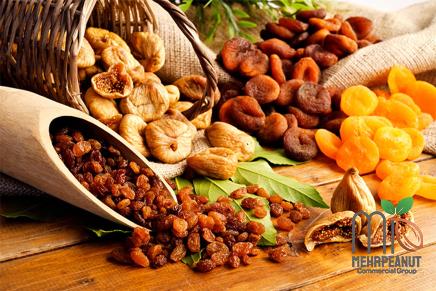
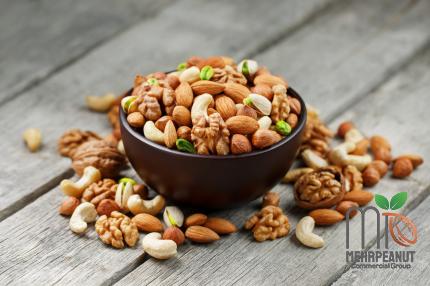
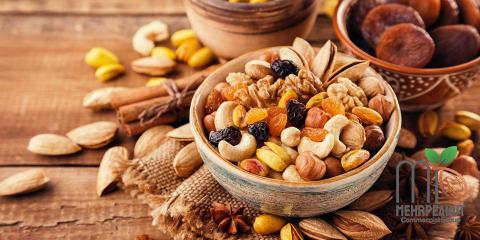
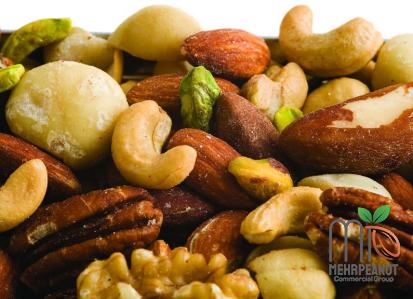
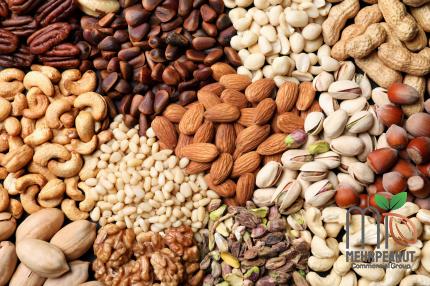
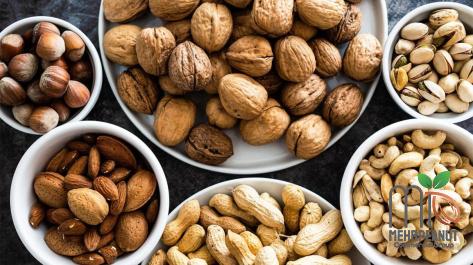
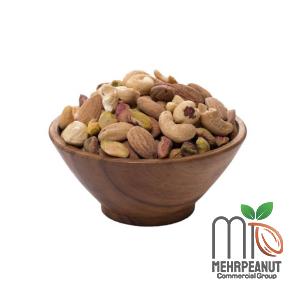
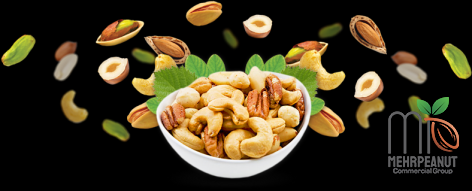
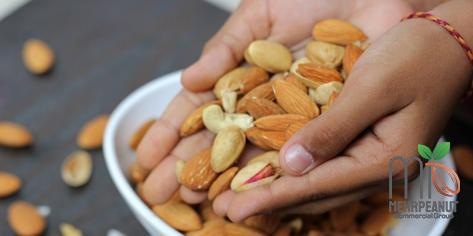
Your comment submitted.